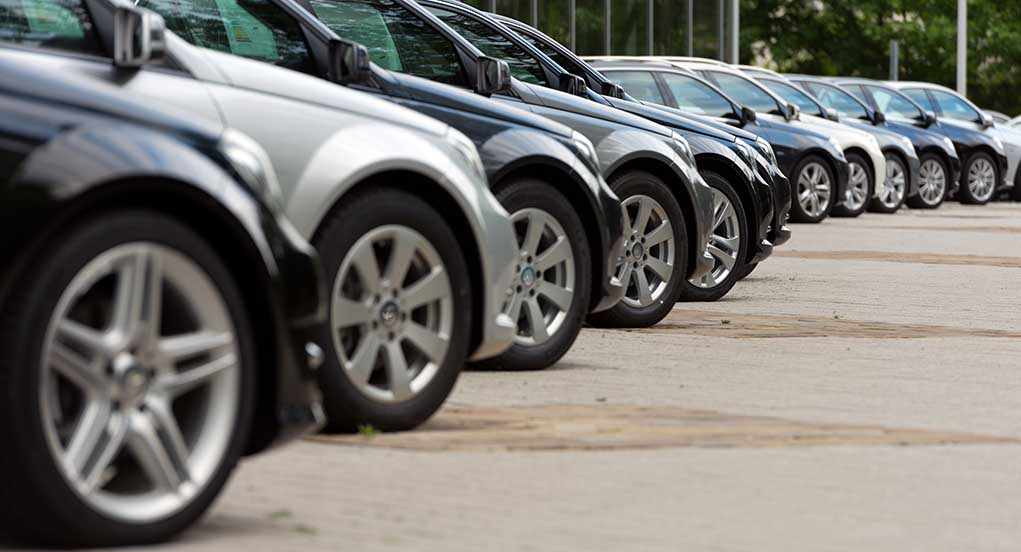
With one ruling, a federal judge just told grieving families everywhere that rideshare giants like Uber can shrug off any responsibility when a killer jumps platforms, leaving drivers exposed and families shattered—because, apparently, basic decency and common sense aren’t legal requirements anymore.
At a Glance
- Federal court dismissed a lawsuit against Uber after a driver was killed by a dangerous passenger who switched to Lyft.
- The judge ruled Uber had no duty to warn Lyft or protect drivers on competing platforms, even though the killer had previously carjacked Uber drivers.
- This decision limits rideshare companies’ liability for crimes committed on rivals’ apps, unless new laws demand cooperation.
- Families of slain drivers face an uphill battle holding companies accountable for third-party crimes outside a given platform.
Court Sides with Uber, Setting a Startling Precedent
Anyone still believing that Big Tech will do the right thing—even when lives are on the line—just got a harsh wake-up call. The tragic case of Elijah Newman, a rideshare driver murdered by a repeat offender, has ended with a federal judge dismissing the family’s lawsuit against Uber. Why? Because the killer, Torian Wilson, didn’t use Uber for the fatal ride—he used Lyft. Never mind that Uber knew Wilson had already carjacked two of their own drivers using the same email address, or that a simple warning could have saved a life. According to Judge Stephen R. Clark, Uber owed “no legal duty” to Newman, since the crime technically happened on a competitor’s app. This is the sort of legal logic that makes ordinary Americans shake their heads in disbelief.
The facts are nearly impossible to stomach. Wilson, a known threat, exploited the lack of communication between rideshare companies. After being allowed to roam free on the Uber platform, despite multiple violent incidents, he simply switched apps—using the very same email—to arrange a ride with Newman on Lyft. During the ride, Wilson attempted another carjacking and shot Newman dead. Newman’s children, rightfully outraged, argued that Uber had a basic duty to warn Lyft or take action to prevent further tragedy. But the court’s answer was a resounding “not our problem.” This ruling doesn’t just slam the door on one family’s quest for justice. It sets a precedent that lets tech giants hide behind their app boundaries, even as predators bounce from platform to platform with impunity.
Legal Shield for Rideshare Giants—At What Cost?
The courtroom drama played out in Missouri, but the shockwaves will be felt nationwide. Judge Clark’s decision is rooted in established Missouri law, which limits liability for third-party crimes unless the company has “special knowledge or control.” In plain English: unless the crime happens on their own turf, these companies can look the other way. The judge drew a line in the sand—Uber is off the hook, and so is every other rideshare company, unless state lawmakers or Congress force them to cooperate. Never mind the common sense expectation that if you know a predator is using your service to hunt victims, you pick up the phone and warn your competitors. The law, as written, lets companies keep silent, even when the consequences are deadly.
For the families left behind, it’s a gut punch. Newman’s children watched as the court denied even the chance to amend their complaint. No further arguments. No further hope at the district level. Uber and its lawyers walked away clean, sidestepping any responsibility for what happens when a dangerous user switches brands. Rideshare drivers—many of whom work for both Uber and Lyft just to make ends meet—are left more vulnerable than ever. With no legal requirement to share information about violent passengers, the predators simply slip through the cracks, and the corporations shield themselves behind mountains of legalese.
Rideshare Safety: Public Outcry, Legislative Inertia
For years, the rideshare industry has been hammered with lawsuits over violent crimes, negligent screening, and lackluster safety measures. This ruling reinforces the status quo: unless politicians step up and change the law, there’s no obligation for Uber, Lyft, or any other platform to sound the alarm when a known threat comes knocking. Legal experts and industry insiders warn that expanding liability to require inter-company warnings would be a logistical and legal nightmare—privacy concerns, competition, and endless lawsuits. Yet the absence of basic information sharing leaves a gaping hole in public safety. Who pays the price for this legal “limiting principle”? Everyday working Americans, trying to support their families in an economy battered by inflation and government mismanagement.
The court referenced the similar Missouri case of Ameer v. Lyft, where a driver was killed by minors who’d previously used the app to commit crimes. That case survived because the fatal ride happened on Lyft’s platform. Here, with the killer using Lyft instead of Uber, the door slams shut on the Newman family. The message to drivers is chilling: your safety depends on the luck of the app draw, not on any meaningful cooperation or shared responsibility among the companies making billions off your labor.
No End in Sight Without Real Reform
This case exposes the stark reality that, without legislative action, corporate responsibility ends at the edge of the app screen. The ruling may save Uber and its competitors millions in liability costs, but it leaves drivers and their families holding the bag when tragedy strikes. Calls for reform are growing louder, but so far, the political will is nowhere to be found. In the meantime, rideshare companies get a free pass, and the American public is left to wonder just how many more families will be devastated before common sense prevails over legal technicalities.
This is what happens when Big Tech and vague laws collide—families get left in the dust, and the so-called guardians of public safety plead ignorance. Until that changes, drivers and riders alike should keep their guard up and demand more from the companies profiting off their risks.
Sources:
Newman v. Uber Technologies, Inc. – CaseMine











